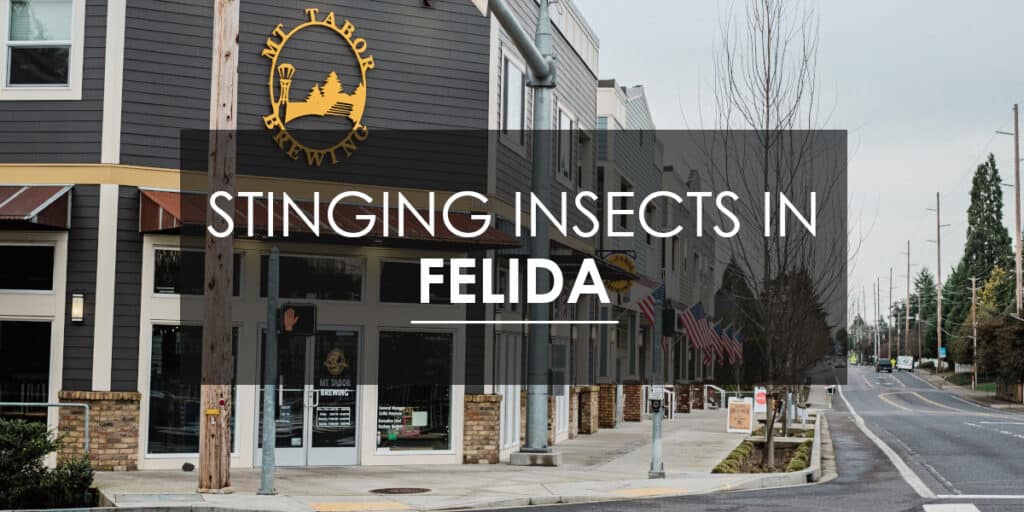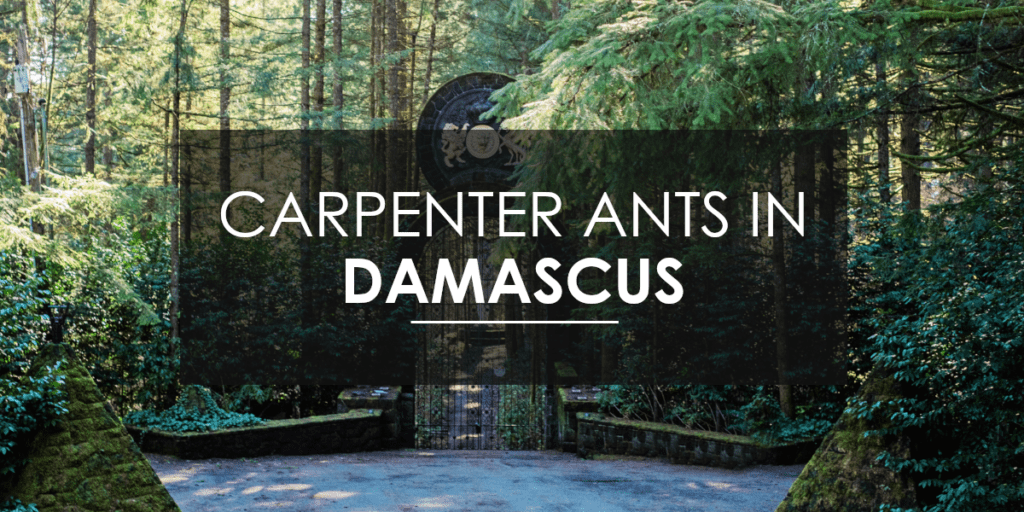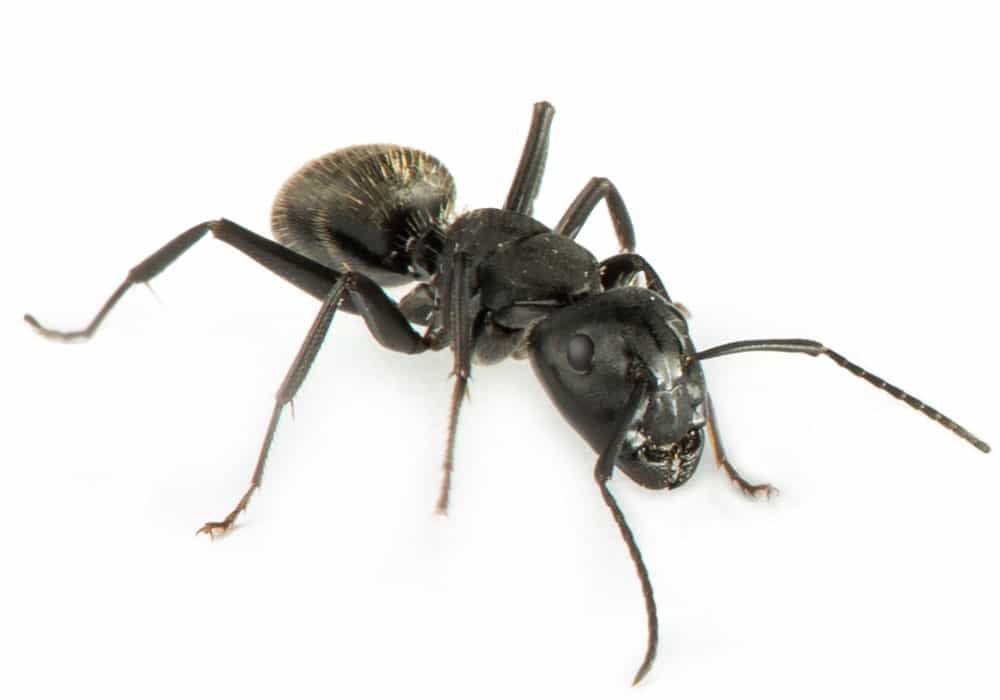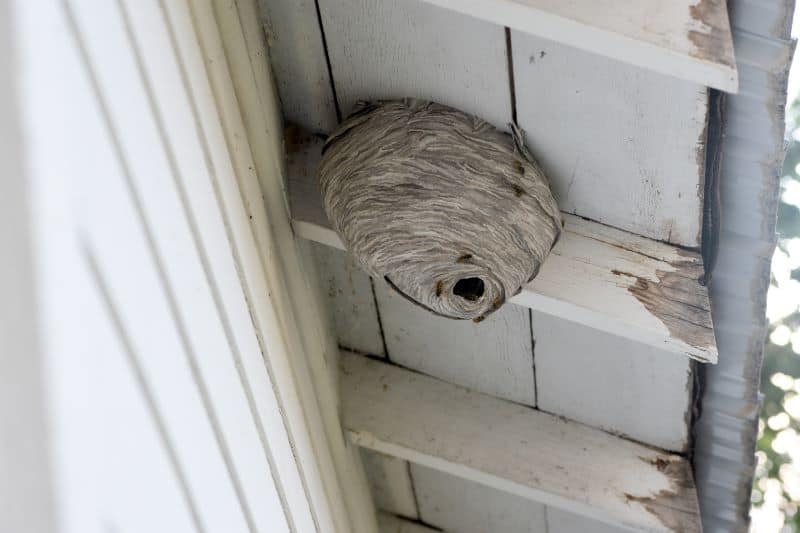Odds are, you or someone you know does not like spiders. Has there ever been another creature so maligned or feared as the spider? Don’t get us wrong, with their fur protruding fangs, 48 knees (6 per leg!), and eight circular eyeballs, it’s no wonder that arachnophobia — the fear of spiders — is such a commonality. 95 million Americans (some one-third of women and one-quarter of men) report experiencing the phobia. That approximately 30 percent of our overall population.
So why we do dislike spiders so much? Are they really harmful to humans? How much? Are there any good things spiders are responsible for? And, if I’m experiencing a spider infestation, what can I do to remove them from my home and my life long-term? We’ll answer all those questions for you, but not necessarily in that order. Let’s start with what you care about most.
What can I do to exterminate spiders?
“Will you walk into my parlor, said the spider to fly?” the old poem begins, and in those 11 words the author perfectly encapsulates why spiders are on your property: Food. A spider’s diet primarily consists of insects. The best way to get spiders out of your life is to remove their access to food.
Ironically, treating for spiders often means treating for other insects. You see, spiders aren’t insects at all. They’re classified as arachnids. Spiders are more closely related to ticks, mites, and scorpions than they are insects. What’s more, the manner in which they can be eradicated is also vastly different.
Unlike insects, spiders don’t lick their legs to clean themselves. Insects will step in, bring back to their nests, and consume bait that will ultimately eradicate pests like ants, and wasps, and others at their source. Spiders not sharing this habit with insects makes the distribution and consumption of poison nearly impossible. Different techniques must be applied.
In addition to cutting off a spider’s food supply, there is another important action that can be taken: web removal. Seems simple, but it’s incredibly effective. Spiders spend a great deal of time constructing their webs, so regular, diligent removal of these from your home and property will push even the most stubborn of spiders to find another venue to spin their webs.
For regular, at-home maintenance, we recommend periodically vacuuming inside and outside areas like eaves, small gaps in decking or siding, low and high corners of rooms, attic, shed, and garage spaces, and other areas of your home that might otherwise go untouched for long periods of time. These are the perfect areas for spiders to spin their webs and lay their eggs, so we recommend removing what’s appealing about your home — namely food and safe shelter — from their perception of your space.
Why do people fear spiders?
Now, to be perfectly clear, we’re not biologists, psychologists, or any other of medical science professionals. What we are is the most curious, dedicated, and thorough team of pest control professionals you’ll be able to find in the Ridgefield and southwest Washington area. To do the best possible job for you, we want to best understand the mindset of those we serve.
In short, and according to outlets such as National Geographic and Psychology Today, there are myriad reasons why people fear spiders. Some are born into a household where pests like spiders are feared, influencing their outlook and feelings toward these creatures. Others may have experienced a triggering event that colored their outlook toward the spider. The Max Planck Institute in Germany and Uppsala University in Sweden conducted research on babies by showing them images of animals such as snakes and spiders (as well as images of flowers and fish) and are that positing our fear of the former creatures might just be innate. In other words, having a built-in fear of spiders might just be part of who we are.
Are spiders really harmful to humans?
Well, here’s the short answer: They could be. There are certainly a wide variety of spiders in the world (there are reportedly 35,000 unique species of spiders) and many of those spiders pack a venomous bite that is dangerous to humans. However, of those 35,000, approximately 5,000 are native to North America. To focus our view even further, 500 of those 3,000 spiders native to North America can be found in the Pacific Northwest, and of those 500, only two are considered medically important to humans: the Yellow Sac spider and it’s far more well-known cousin, the Black Widow.
Luckily for us folks in Ridgefield, those two varieties aren’t typically found in this area. The Yellow Sac and the Black Widow are more commonly found in the desert climates of eastern Washington. (That said, there are false Black Widows in our area. Though they possess the potential to bite, they’re not fatal. If you’re bitten by a spider that shares their similar markings, try to catch the creature so you can bring it with you to the hospital for identification. More importantly, seek medical attention right away!)
Spiders are actually responsible for many positive things in our environment. Most importantly, they’re our partners in pest control. It’s true! Spider diets consist largely of insects, which can greatly reduce the number of stinging and annoying pests that can ruin a backyard barbecue. Additionally, spiders are an important part of protecting our food supply, in that they eat many of the insects that pose a threat to many types of crops. Without their hard work, our agricultural economy would be very different!
What else should I know about spiders in Ridgefield?
All spiders are venomous. Most are not deadly. Still, they can bite. Here’s what to do.
It’s true. Most all spiders are venomous, but most don’t pose any threat to humans, outside of those we’ve already mentioned (the Yellow Sac and Black Widow). Just the same, it is possible for some folks to have an allergic reaction to certain spider bites.
Allergic reactions to spider bites can include: sweating, fever, nausea, fatigue, and shortness of breath. If you’ve been bitten by any type of spider and are experiencing any of these symptoms, stay calm and seek medical attention immediately. We cannot stress this enough.
Keep your home and property secure.
It’s not difficult for spiders to find their way inside you home if proper precautions aren’t taken.
Regularly look over your home and property for breaches in the seals of windows and doors, entryways created where utilities enter the home, and cracks in your home’s foundation. Staying on top of these and similar situations will keep pests out of your home and probably even make your house more energy efficient! Additionally, when bringing in foliage like houseplants or Christmas trees, give them a quick once-over to be sure a spider and its egg sac hasn’t made itself at home there. This is a common means for spiders entering the home.
When in need, call a pest professional.
At Aspen Pest Control, we pride ourselves in delivering the best pest control services in the Ridgefield area. Your friends and neighbors choose us because we understand pest control isn’t something people want to do, it’s something they need to do. We’re families and homeowners and members of the community, just like you. Knowing how busy our lives are these days, we’re proud to know that our business can make people’s lives just a little bit easier, and a whole lot more worry-free.
Spiders are amazing, but they do not belong in the home or in areas where they’ll make people feel uncomfortable. When you need the best spider exterminator Ridgefield has to offer, call Aspen Pest Control today, and learn how homeowners in Ridgefield are living pest-free!








